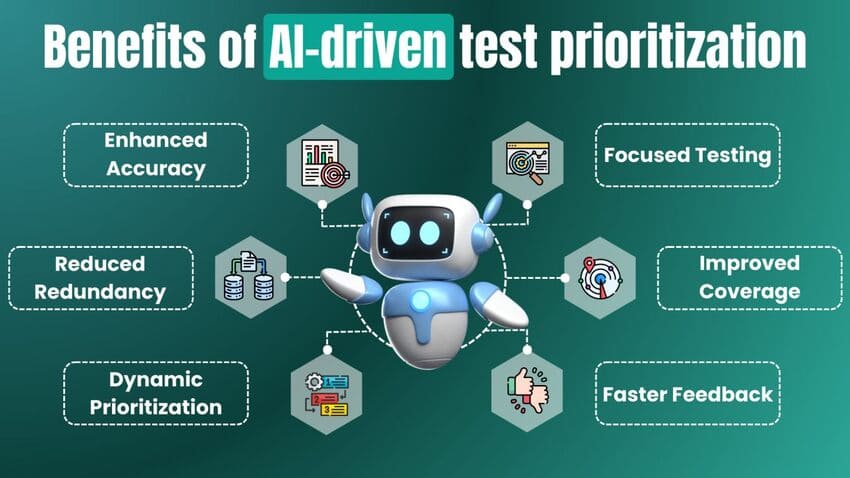
What will it take to bring about a paradigm shift in obesity treatment?
- Rating
- obese
- medications
- clinics
- healthcare
They anticipate evidence-based therapy when they visit their primary care clinic for diabetes, high blood pressure or osteoarthritis.
For example, they may be given nutritional and exercise advice, prescriptions for medication or sent to experts or even surgery based on their progress. If they're obese, they may not get the same degree of evidence-based treatment for that chronic illness, according to recent research.
There is no reason not to do so. Primary care doctors with extensive training in obesity medicine at the University of Michigan believe the answer is a little more nuanced than one would expect. Obesity drugs and behavioural treatment are not covered by most health insurance plans, and primary care doctors lack expertise in optimal practises for managing obesity, such as providing newer medications.
For the most part, primary care clinics aren't mandated to treat obesity as well as other common health problems like diabetes and hypertension.
A multi-pronged approach is needed to guarantee that the tens of millions of Americans who are obese are receiving better treatment, said Lauren Oshman, M.D, MPH and Dina Hafez Griauzde of Michigan Medicine, the University of Michigan's academic medical centre, in a press release. These two doctors are part of the University of Michigan's Institute for Healthcare Policy and Innovation, where they received their training in obesity medicine.
They and others are leading efforts to guarantee that more individuals with obesity may minimise their risk of acquiring, or experiencing problems from, obesity-related illnesses using a newly established framework for obesity care in primary care. Diabetes, hypertension, and osteoarthritis are a few examples.
In addition to changing and extending these patients' lives and improving their health, achieving better weight management might save the United States tens of billions of dollars in health care expenses. In 2013, Griauzde, an associate professor in the Division of General Medicine, categorised obesity as a chronic condition. Obesity is not a choice, but rather a result of poor lifestyle choices, which has been the medical profession's long-held view and is still widely accepted by many people today."
"Chronic obesity is caused by metabolic and hormonal abnormalities, as well as heredity, stress and community-level causes such as obesity-related health disparities. So, in addition to a change in diet and exercise, drugs and surgery may be the most effective treatment "As an assistant professor of Family Medicine, Oshman adds. "Obesity, like diabetes, may be managed via lifestyle adjustment, but some individuals need medication. Primary care should treat obesity as a chronic condition, with a graded, customised approach."
Leave a Reply
Your email address will not be published. Required fields are marked *


